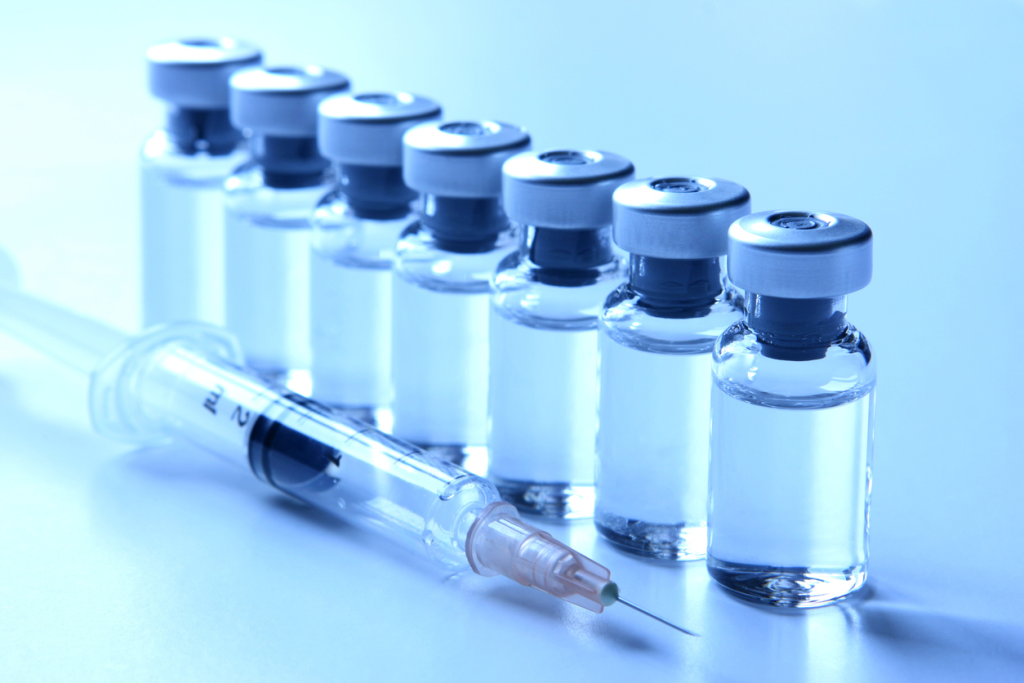Immunity and Disease Prevention
📚 Key Concepts
🔹 Immune System
Definition: The natural ability of our body to fight diseases is called immunity.

Types of Immunity:
- Natural/Innate Immunity:
- Present from birth
- First line of defense
- Includes skin, mucus, stomach acid
- Acquired Immunity:
- Developed after exposure to pathogens
- Can be active or passive
- Memory cells provide long-term protection
🔹 Vaccines and Vaccination
What are Vaccines? Vaccines help our body fight certain diseases by training the immune system to recognize and attack harmful germs.

Types of Vaccines:
- Live Attenuated: Weakened live pathogens
- Inactivated: Dead pathogens
- Subunit: Parts of pathogens
- mRNA: Instructions to make pathogen proteins
Importance of Vaccination:
- Prevents serious diseases
- Reduces spread of infections
- Saves millions of lives
- Creates community immunity
🔹 Historical Perspective
Edward Jenner and Smallpox Vaccine:
- First vaccine developed in late 1700s
- Used cowpox to protect against smallpox
- Led to complete eradication of smallpox
Traditional Indian Practices:
- Variolation: Ancient method of immunization
- Teekedaars: People who practiced variolation
- Used material from smallpox sores for protection
